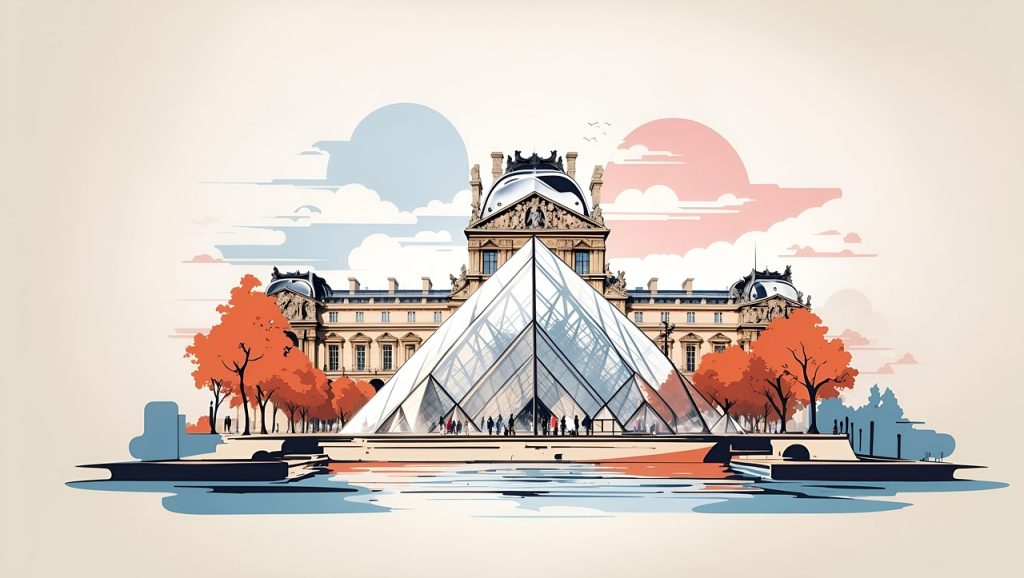Damián Ruiz
The lack of new perspectives, horizons, openness to what is new, to history, or to knowledge in all its forms—especially to the arts and literature—gradually produces a certain cognitive rigidity as the years pass.
That is to say, the brain functions on repetitive information or, worse still, on information consumed through social media and the internet, which provides no personal experience at all.
Going out into the world, regardless of economic conditions—myself, in my youth, I travelled by coach, train or hitchhiking, and I slept in hostels, boarding houses, student residences, some not particularly recommendable places—is something everyone should aspire to. But not for the empty exercise of postcard tourism, which offers nothing or very little and serves mainly for Instagram photos, but for the experience of discovering something new, including customs and mentalities different from our own, which can provide a different vision of reality.
For me, Barcelona, my city, has always seemed charming but small, in the sense of true cosmopolitanism and innovation. By contrast, the great metropolises—especially Paris and New York—have always felt deeply stimulating. And they are, in spite of oneself. They will not let you survive unless you make the effort or reach a certain level of excellence. They are not comfortable, because they demand the best of you if you wish to inhabit them; otherwise, they expel you, and all that is left is to revisit them when possible.
It is true that I never tried to live in them, among other reasons because, as a Belgian friend of mine, a mathematics professor in the French capital, once told me: “If you live here, Paris will no longer be your Paris.” A wise saying that coincides with Enric González’s words in Stories of New York: “One sees the city one carries within.”
I have read extensively about France, and especially about twentieth-century Paris, and I cannot avoid my imagination unfolding fully whenever I walk the streets of the old city—that Western mecca, probably the capital of our civilization. I perceive all that, within the limits of my knowledge, was lived, experienced, felt there… and I discover myself through those wanderings, sometimes alone, sometimes accompanied by my wife or friends. A spirit somewhere between idealist and romantic—though I am not particularly sentimental—nourishes me and gives me strength to continue my therapeutic work and to encourage others to discover themselves through experience.
How much would we improve in all respects if we expanded our psychic space, if we increased our knowledge and our level of awareness?
Life only has meaning if, in large part, it is profound and we manage to give it direction. And this is said by someone who can and does enjoy the trivial, provided that it occupies only a small portion of existence. But without focus, without in-depth work, we usually turn it into a neurotic foolishness, constantly chasing novelties and news to distract ourselves. Hence so many problems of attention deficit, anxiety, lack of life orientation, and, often, depression.
I recall that in a difficult period of my life, after the premature death of my mother, when my spirituality and religious beliefs deepened— I am a morally liberal, not very dogmatic, and barely practicing Catholic, partly because in my view today’s Masses put the faithful to sleep and would require a bit more fervour—I took to reading mystical and theological texts of substance. Among them, as I have mentioned elsewhere, Thomas Aquinas’s Summa Theologiae, a work of great depth and beauty.
And in those moments of pain, I admit there was a certain degree of happiness, for if you penetrate something of such magnitude and connect with it, you cannot help but feel a profound inner peace that makes you feel well.
We lose, amidst so much noise, both outward knowledge—travel, for example— and inward knowledge, the kind that comes from reading, cinema, the arts, music… And although it is true that all this requires effort, that effort is rewarded with greater calm and openness.
I should mention that during my recent visit to Paris, we went to the David Hockney exhibition, the great British painter born in 1937. Photographs of a smiling elderly man hang in some rooms, and his idolized male nudes from other periods give way—he himself selected the works—to a display of landscapes, of a calm and radiant nature, which can be interpreted as a wise approach to a meaning of life detached from desire and in harmony with the passage of time.
His vitality and his smiling, mischievous, yet conscious gaze indicate the vital progress of someone who probably began with the impulses of youth, only to end reconciled with what is essential.
Life requires effort—sometimes a great deal—and work, and going through all sorts of circumstances. But if one elevates one’s gaze, one’s heart, if one aspires to connect with knowledge, or better still, with wisdom, there is something—hidden, mysterious, secret—that helps.
“Fortes fortuna adiuvat”, “Fortune favours the brave”, or even better: “At the moment one truly commits, Providence also moves. Whatever you can do or dream, begin it. Boldness has genius, power and magic.” Johann W. von Goethe.
The meaning of life begins with learning to concentrate and avoiding trivial distractions.
Damián Ruiz
Barcelona, August 28, 2025
www.damianruiz.eu

